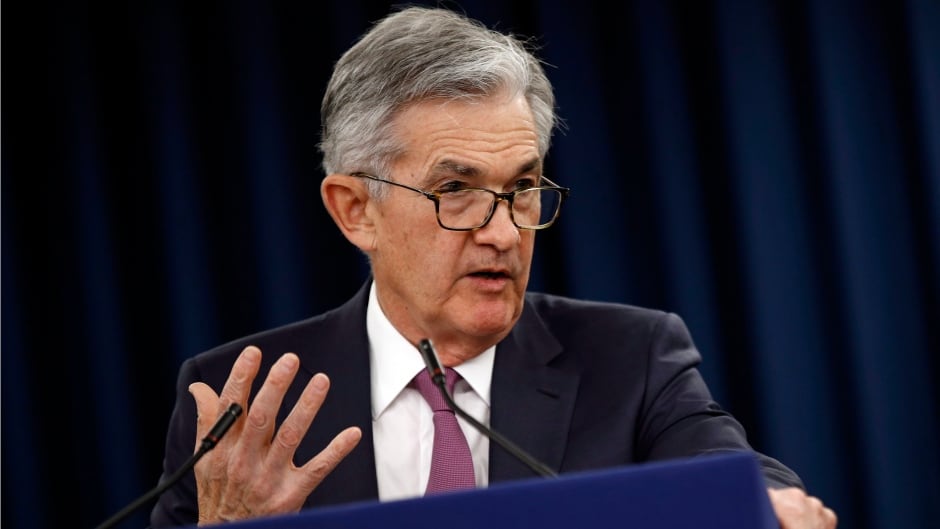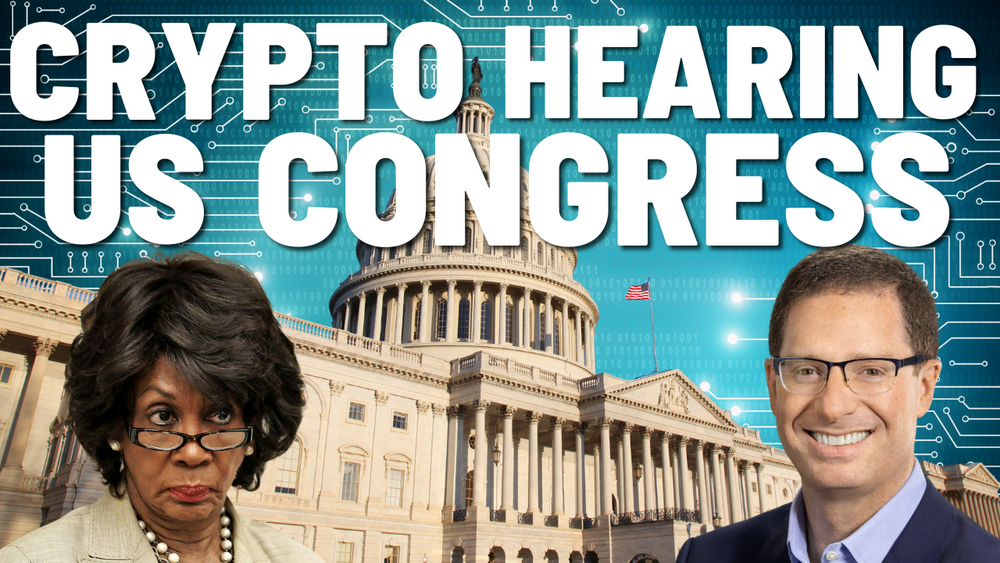Anyone who has recently paid attention to the world of DeFi would know that when it comes to providing an immersive digital consumer experience, the metaverse is indeed perhaps the next big thing. As such, not only are an increasing number of organizations actively searching for ways to capitalize on the craze surrounding it (which also includes Barbados planning to open up a digital embassy in the metaverse), but numerous gaming industries and P2E (Play To Earn) projects have also become more involved.
There is one problem however, which is that the metaverse as it currently stands is still a bit of a hazy, high-concept idea which has not yet been completely defined or characterized. Some have defined it as a collection of digital experiences, places, and materials that grew in popularity during the ongoing pandemic's 'contactless era' and its corresponding transition in mainstream society. Others, such as Facebook CEO Mark Zuckerberg, view it as a virtual world in which individuals may interact with one another. He had thus recently referred to Facebook as a &lsquometaverse corporation', which presumably had a lot to do with its recent rebranding to 'Meta'.
Metaverse and gaming
Gaming has become an extremely popular way to pass the time over the last few decades. Fast forward to today, and you have some of the most realistic games that are built using innovative technologies such as Unreal Engine which provide amazing lifelike graphics and visual effects. Nevertheless, one common issue for gamers worldwide is that there wasn't a mainstream way to earn money through gaming until fairly recently thanks to platforms such as YouTube and Twitch. Now though, gamers are targeting the metaverse.
One of the biggest reasons as to why so many gamers are becoming increasingly attracted toward the metaverse is the existence of P2E projects. It is now possible to play all sorts of games and earn passive income through them simultaneously. This is made possible by purchasing certain NFTs and using them as in-game characters through which completing various missions, quests and objectives will reward the users with the native token of that project, which can then be sold at any supported exchange for real money. Moreover, gamers often feel the need to be a part of different digital worlds where they have control, and what better way to accomplish just that than with the metaverse.
Limitless potential
The metaverse's potential is limitless. Every new experience, be it an event, an NFT, or gaining player support, may be duplicated in-game to boost consumer engagement. It doesn't have to be difficult either, as according to Barbara Messing, Roblox's Chief Marketing and People Experience Officer, this is not a static advertisement, as instead it is a terrific method for people to connect with their audience and convey a compelling narrative about their company, business or organization.
Furthermore, according to Matthew Ball, a venture investor and one of the primary futurists promoting the new concept, the metaverse requires new technologies, protocols, firms, breakthroughs, and discoveries in order to grow. He added that there shall hence be no clear indication of a 'Before' and &lsquoAfter' when it comes to the metaverse. Instead, it will quietly develop over time as diverse goods, services and skills integrate and melt together to help create the next iteration of digitalization.
Whatever the case may be, it is becoming abundantly clear that the metaverse has already become a highly discussed topic in 2021. If the gaming industry wants in on this, then reliable technology and a strong community are both essential aspects that must be provided, in addition to the aforementioned P2E concept.











